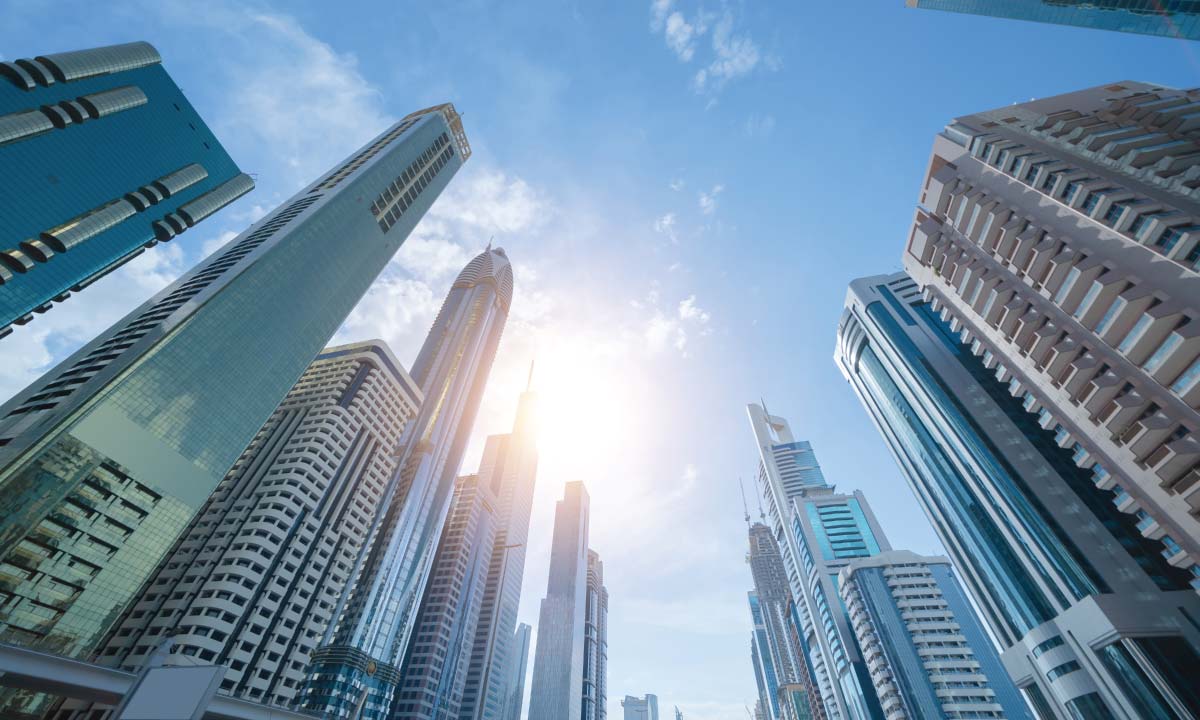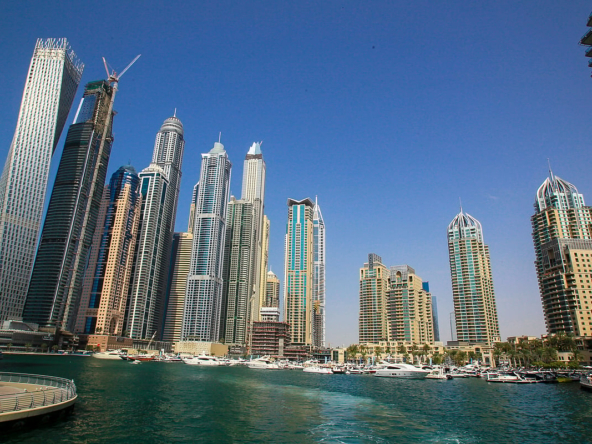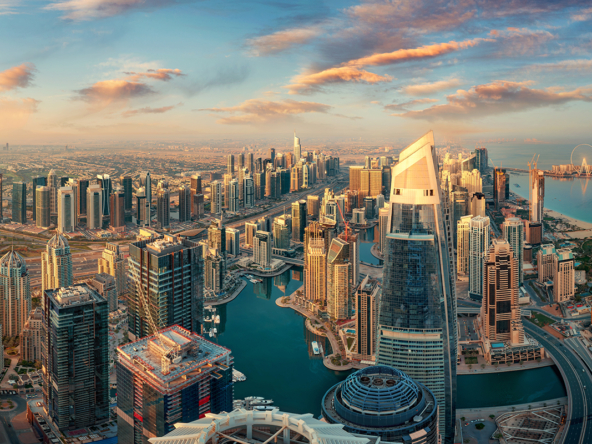Dubai recorded a 22.4 percent rise in average office rents and a sharp 40.8 percent jump in warehouse rates last month
Dubai’s Property Market Records Robust Growth in April Amid Soaring Sales and Commercial Rents
Dubai’s property sector recorded remarkable growth in April, with residential sales transactions climbing to 17,447—marking a notable 61% rise compared to the same period last year. Meanwhile, commercial rental activity experienced a similar boom, including a 22.4% increase in average office rental prices and an extraordinary 40.8% jump in warehouse lease rates.
These results reaffirm Dubai’s resilience and ongoing appeal as a global investment hub, despite wider economic volatility and fluctuating investor confidence around the world.
“This momentum reflects Dubai’s increasing attractiveness to global investors, developers, and buyers who are seeking secure, long-term opportunities in a well-regulated environment. The demand trends reveal strong underlying fundamentals and growing recognition of Dubai as a stable and forward-looking investment market,” said Daniel Hadi, CEO of Engel & Völkers Middle East.
Commercial Rents Rise Amid Strong Demand and Limited Inventory
According to the latest findings from Engel & Völkers Middle East, transaction volumes in Dubai’s residential market not only exceeded those of April 2024 but also outperformed the average monthly figures recorded in Q1 2025 by more than 20%. The report attributes this growth to robust demand and a more favorable exchange rate environment, as the softer U.S. dollar improved purchasing power for foreign buyers, boosting interest in both off-plan and resale properties. Global investors continue to favor Dubai due to its quality of life, attractive returns, and competitive value against other global cities.
The commercial property segment also displayed similar strength, driven by ongoing population growth and a rapidly diversifying economy. Prominent business hubs such as Jumeirah Lake Towers and Business Bay experienced high occupancy rates and limited availability, which pushed up office rents by over 22% compared to April 2024.
At the same time, the logistics and industrial market has seen unprecedented activity. Warehouse rents surged nearly 41% year-on-year due to escalating demand from e-commerce, production, and trading sectors looking for strategic, high-specification spaces.
Prime Locations for Commercial Real Estate
In commercial property, key areas showing strong transaction volumes included Jumeirah Lake Towers, Barsha Heights, Motor City, and Business Bay. These zones continue to offer strategic advantages and solid fundamentals for a range of businesses.
Due to a scarcity of Grade A office space and the consistent arrival of companies establishing their regional bases in Dubai, rents are expected to stay on an upward trend into the second half of the year.
Simultaneously, warehouse operators are actively pursuing spaces near major trade routes, logistics zones, and last-mile delivery centers, helping to drive continued rent growth across core industrial locations.
Leading Areas for Residential Investment
Residential activity remained diverse in April, with both established neighborhoods and new communities witnessing healthy demand. Jumeirah Village Circle led all areas in terms of transaction numbers, drawing attention from buyers and investors seeking strong value for money.
Elsewhere, DAMAC Islands gained traction by appealing to buyers looking for affordable waterfront properties, including villas and townhouses. Business Bay and Dubai Marina also retained their status as top apartment destinations, offering an attractive lifestyle and consistent investor interest.
Although prices are still rising across the board, Engel & Völkers observed early signs of stabilization in mature neighborhoods—indicating that the market is becoming more balanced and sustainable. With solid economic foundations, investor-friendly policies, and regulatory transparency, Dubai continues to attract global attention.
As the city reinforces its role as a key bridge between East and West—and a hotspot for innovation and international investment—its property market is expected to maintain strong momentum throughout the remainder of 2025. Backed by steady demand, confident buyers, and global capital inflows, Dubai’s real estate industry is poised for another landmark year.




